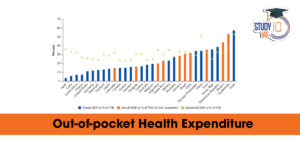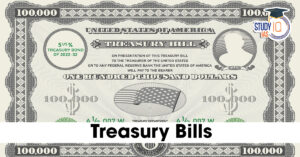Table of Contents
Consumption Still A Concern
Facts and Data
- GDP Growth: GDP growth slipped to 4% in the second quarter of 2024-25.
- Bank Credit Growth: Slowed for the fifth straight month in November.
- Core Infrastructure Sector Growth: Expanded at a four-month high pace of 4.3% in November.
- Production levels were 3% below October with six of eight sectors operating at lower capacities.
- Purchasing Managers’ Index (PMI): Factory activity in November and December 2024 was the worst through 2024 (fell to 56.4, down from 56.5).
- Goods and Services Tax (GST) Revenues:
- December GST revenues: ₹1.77 lakh crore, marking a three-month low.
- Year-on-year growth: 3%, the joint-second slowest uptick in 3.5 years.
- Below-10% growth for the fourth straight month.
- Year-to-date rise in revenues: 6%, making the 11% growth target challenging.
- Net revenues after refunds: Grew at just 3%, the slowest this fiscal.
- Domestic transactions revenue growth: 4%.
- Import revenue growth: 9%.
- Goods Import Bill: November goods import bill: $70 billion, a 27% increase from previous levels.
Importance of Consumption for Economic Growth
- Major Driver of GDP Growth: Private consumption accounts for a significant portion of GDP in most economies. In India, consumption contributes nearly 60% to GDP, directly influencing economic output.
- Boosts Demand for Goods and Services: Higher consumption increases demand for goods and services, driving industrial production and service sector growth, leading to job creation.
- Encourages Investment: A surge in consumption creates favourable conditions for businesses to invest in capacity expansion, research, and innovation, fostering economic development.
- Multiplier Effect: Spending by consumers generates income for producers and workers, who in turn spend their earnings, creating a multiplier effect that amplifies economic growth.
- Government Revenue: Higher consumption results in increased revenue through indirect taxes like GST, helping governments finance developmental projects and welfare programs.
- Resilience Against Global Shocks: Economies with strong domestic consumption are less dependent on external factors like exports, making them more resilient to global uncertainties.
Actions the Centre and RBI Can Take to Boost Consumption
- Address Inflation: Contain rising prices to protect purchasing power.
- Enhance Credit Flows: Ensure easier access to retail credit, enabling consumers to spend more.
- Stimulate Urban Demand: Focus on incentives for urban households to counter post-festive spending slowdowns.
- Support Rural Demand: Strengthen rural incomes through targeted programs and minimum support price (MSP) adjustments.
- Create Employment: Focus on job creation, as stable employment boosts consumer confidence and spending.
- Focus on Consumption-Oriented Policies: Reduce indirect tax burdens and provide targeted subsidies to lower-income groups to spur consumption.


 SEBI’s SWAGAT-FI Framework for Low-Ris...
SEBI’s SWAGAT-FI Framework for Low-Ris...
 Out-of-Pocket Health Expenditure, Reason...
Out-of-Pocket Health Expenditure, Reason...
 Treasury Bills (T-bills): RBI Cuts Holdi...
Treasury Bills (T-bills): RBI Cuts Holdi...

























